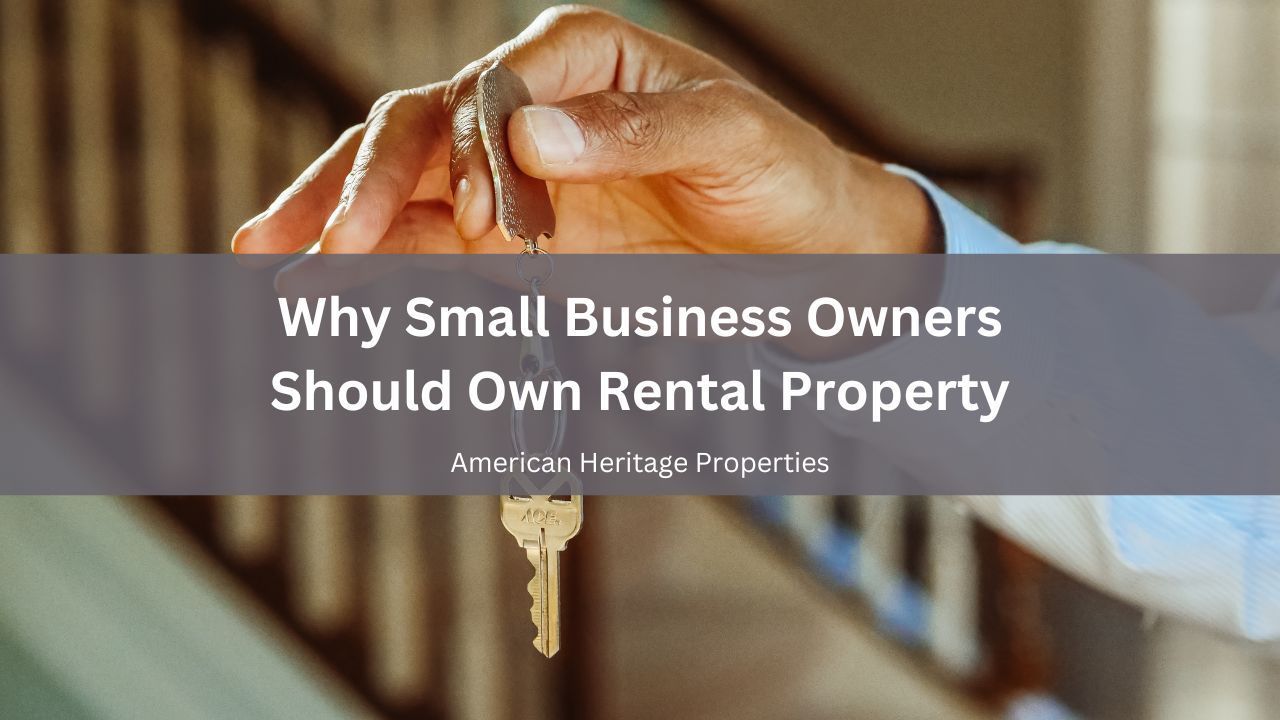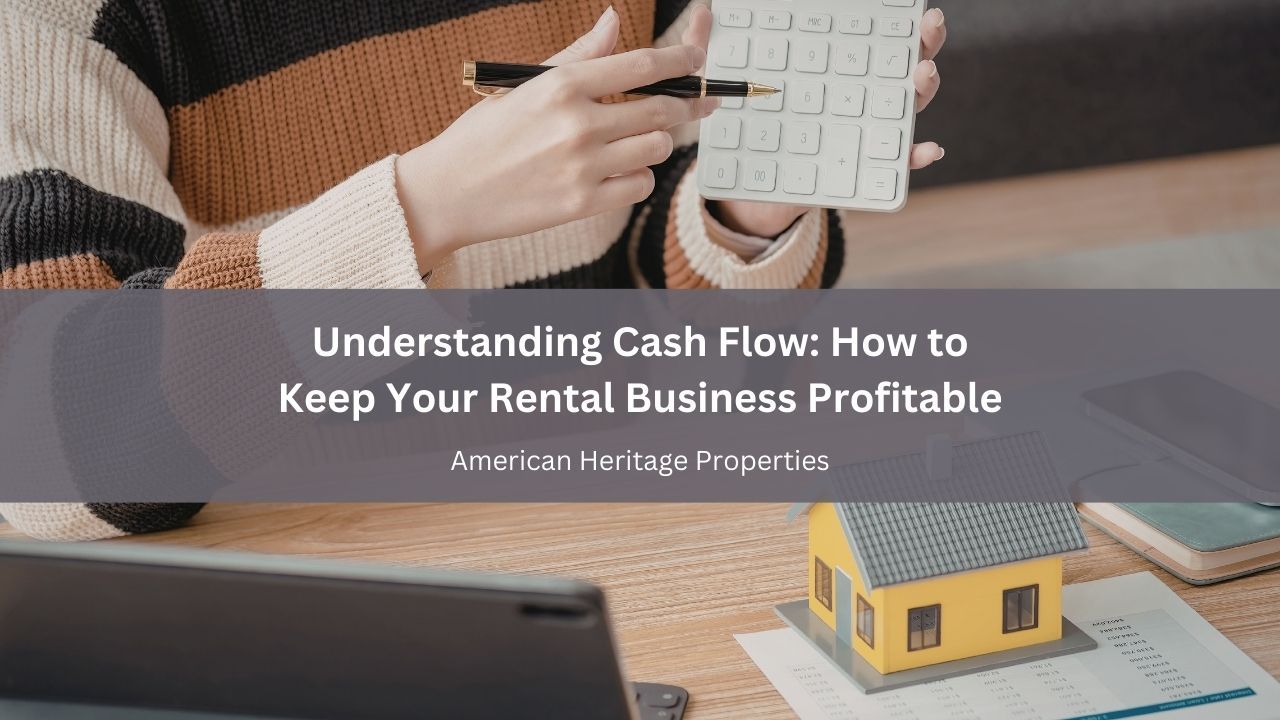Why Small Business Owners Should Own Rental Property

You’ve already built something from scratch, so the idea of managing another venture probably doesn’t scare you. You’re used to weighing risks, making payroll, filing forms at midnight, and doing half a dozen jobs with a fraction of the time. But here’s the part most folks miss: as a small business owner, you’re uniquely positioned to turn rental properties into a second stream of wealth. You already think long-term. You understand cash flow. You know how to pivot, patch, hustle, and scale. And rental properties, unlike your brick-and-mortar shop or service hustle, don’t rely on one market or one set of customers to stay alive.
Why Rental Properties?
Let’s start simple. Rental real estate offers income stability and long-term growth without tying up all your time—especially once the structure’s in place. Monthly rent checks provide predictability, and you can write off plenty of expenses that help with the bottom line. Think maintenance costs, mortgage interest, even depreciation—yes, seriously, depreciation, it’s a strange gift from the tax gods. The tax advantages for landlords are no small thing, especially when compared with the limited deductions available to many solopreneurs and freelancers. On top of that, residential rentals tend to be more resilient than retail or hospitality spaces during downturns. In short, you’re adding a layer of security without betting the farm.
Protecting Yourself and Your Property
Rental income sounds great until you’re chasing tenants who vanished without notice or dealing with damage that eats your profit. The fix? A thorough lease that spells everything out in plain language. Security deposits, pet policies, rent grace periods—cover it all. Include clauses for late fees and inspections and get it signed before anyone sets foot inside. For easier execution, consider looking for ways to design PDF layouts. A PDF maker allows you to create or convert any document into a professional format and is key for digital lease handling and sharing. It’s not about being paranoid, it’s about being professional.
Cash Flow and Equity
Here’s the beauty: over time, someone else pays off your debt. That tenant’s rent covers your mortgage, builds equity, and eventually, boosts your net worth even if the property value never skyrockets. You don’t need a unicorn neighborhood or hot market to win here. You just need stable rent, consistent occupancy, and patience. Properties can build equity over time the way compounding interest works—quietly but powerfully. And if you refinance after a few years of appreciation? You might be able to pull out capital without selling a thing. That’s called leverage, and used wisely, it’s a small business owner's best friend.
Operational Efficiency
If the idea of handling repairs at 2 a.m. makes your eyelid twitch, don’t worry—technology’s on your side. With modern tools, you can automate rent collection, schedule maintenance, and track expenses without hiring a property manager. There’s an entire cottage industry of property management software options that scale with your portfolio, whether you’ve got one duplex or a dozen doors. Some sync directly with your accounting system. Others let tenants message you, pay digitally, and submit maintenance requests with photos. You don’t need to be techy, just open to systems that save time. And the less you’re involved in the daily grind, the more this becomes passive income in truth, not just on paper.
Tenant Screening and Retention
Let’s be honest—bad tenants will burn you faster than a busted water heater. Credit scores, references, rental history, background checks—you need the full dossier before you hand over keys. Good tenants pay on time, respect the property, and stick around. And turnover? That’s where your profit dies. Set clear expectations early, then go a step further by checking in periodically, offering renewal incentives, and addressing issues promptly. If you follow the best practices for tenant screening, you’ll protect your investment and sanity at the same time. Happy tenants equal stable income—and you already know how important customer loyalty is in business.
Scaling Your Portfolio
One unit is good, two is better, but scale too fast and things can get messy. Start with a plan. Decide if you want to stick to your zip code or expand statewide. Factor in local property taxes, vacancy rates, and school districts. Once you get the hang of it, though, things get exciting. You can refinance one place to fund the next, bundle multiple units under one LLC, and diversify across neighborhoods or property types. There are strategies for scaling rental investments that mirror the way successful entrepreneurs grow any business—systematically, not emotionally.
Hiring a Property Management Company
Bringing in a property management company can free you from the daily grind of leasing, maintenance, and tenant complaints. These professionals streamline operations, boost tenant satisfaction, and often reduce vacancy time. If you're looking for a solid partner, RentHomes.com offers full-service management built around landlord ease and renter reliability. From listing and screening to repairs and renewals, they handle the headaches while you focus on growth. It’s a simple move that turns your rental into a hands-off, income-producing asset.
You already know how to build something from the ground up. You know what it takes to keep it breathing through lean seasons and heavy ones. Rental property, when done right, isn’t a side hustle—it’s a slow-burning wealth engine that works even when you sleep. You won’t need a full pivot, just some smart decisions, solid systems, and a lease that leaves nothing to chance. You’ve bet on yourself before. This time, let someone else help pay the mortgage while your future takes shape.
You can discover your dream home today by visiting RentHomes.com and explore a wide range of rental options tailored to your lifestyle!









